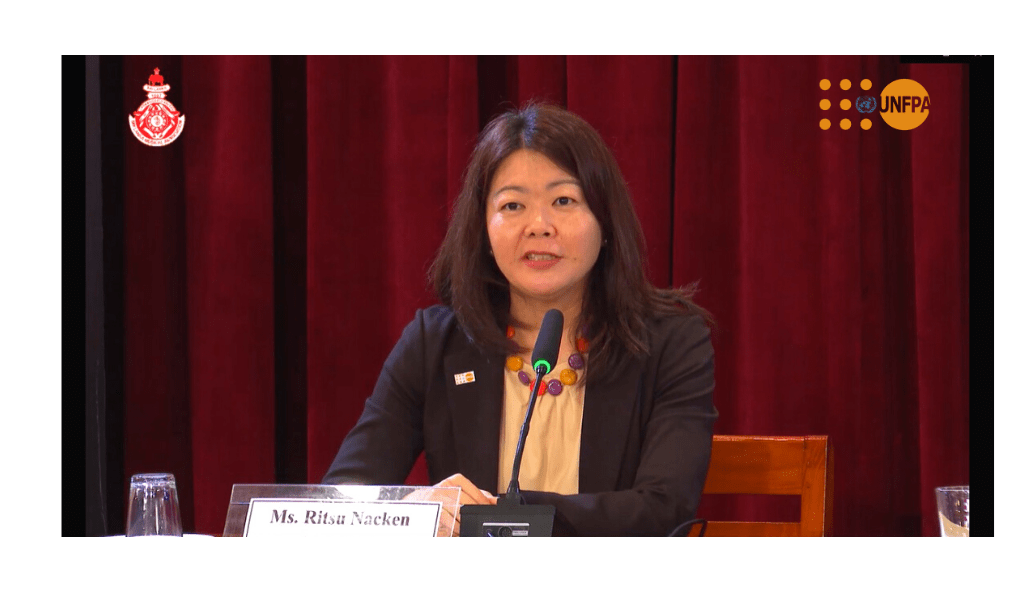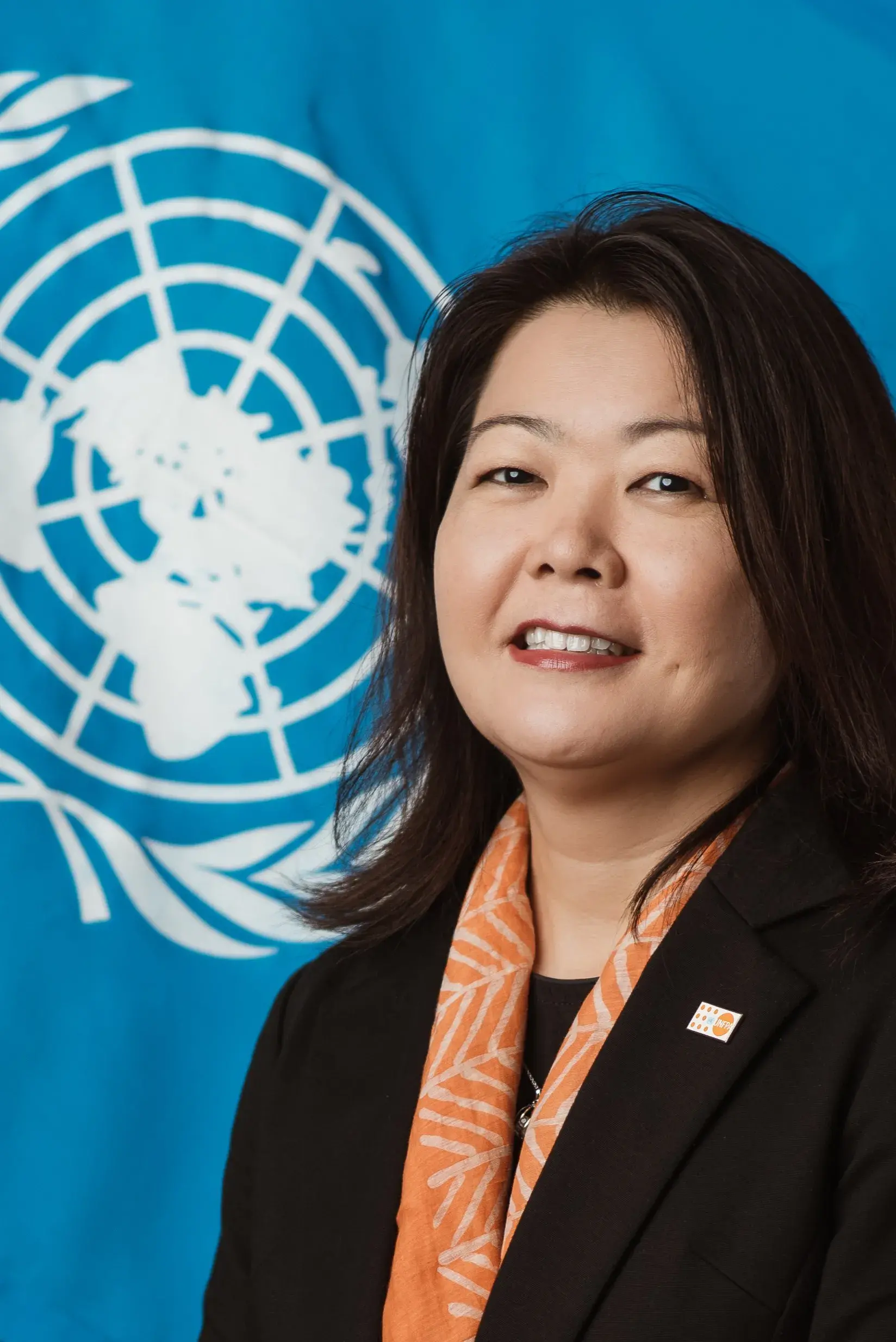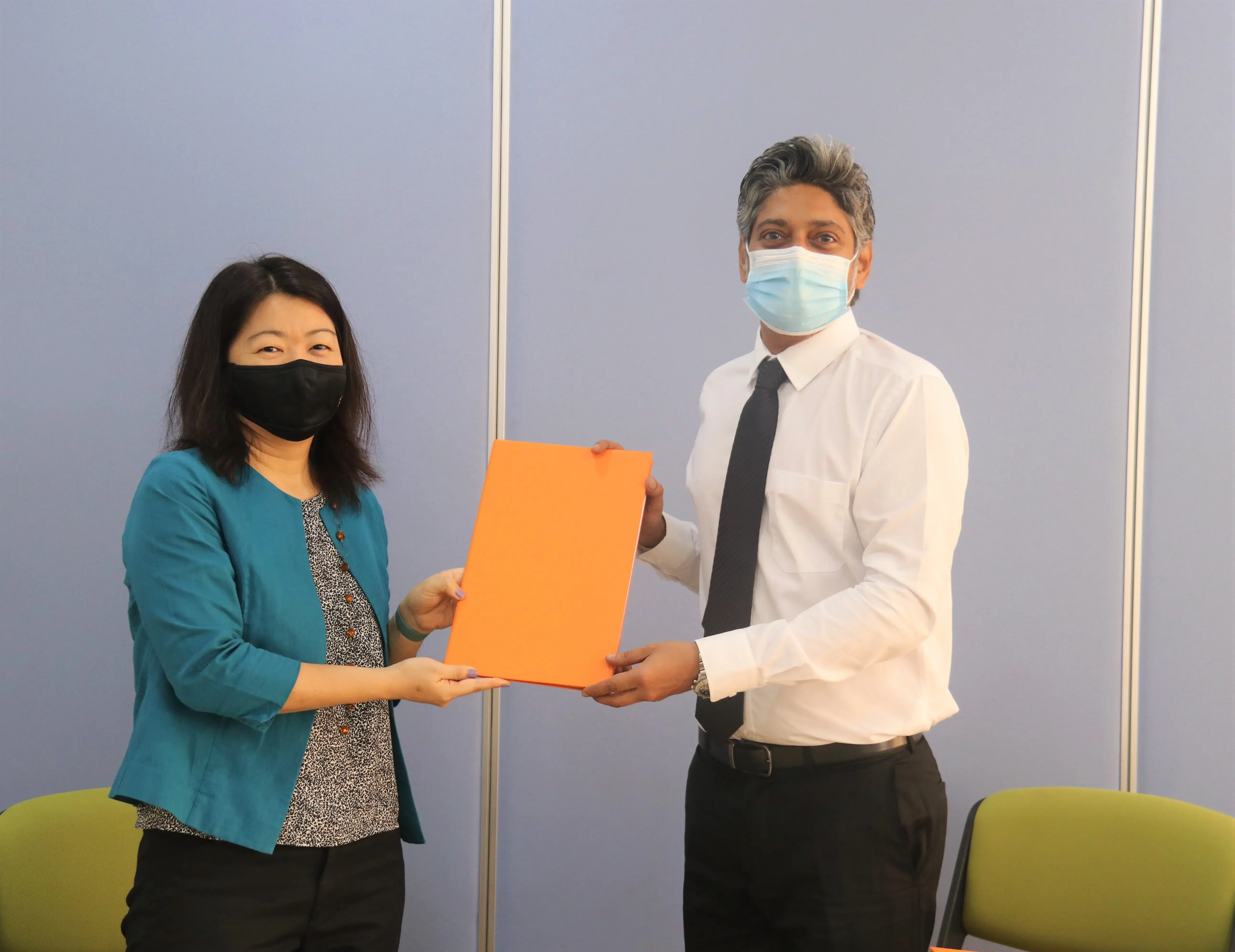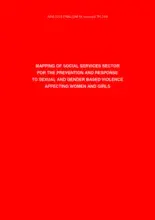COLOMBO, Sri Lanka (04 August 2020): In Sri Lanka, sexual and reproductive health (SRH) services are often inaccessible to persons living with disabilities due to barriers such as physical, financial, social, and psychological in nature. Meanwhile, it is estimated that by 2030, 1 in 5 people in Sri Lanka will be above the age of 60, with women making up the majority as they on average outlive their male counterparts.
While major progress has been made in the health sector over the years, challenges still exist in delivering comprehensive, non-discriminatory and client-oriented SRH services as SRH remains controversial and contested in many countries. Age, disability, gender identity, sexual orientation, ethnicity, economic status, social class, and other social, cultural and economic barriers pose major challenges to implementation of SRH care. The current COVID19 pandemic has exacerbated existing inequalities and discrimination of vulnerable groups, making their access to SRH and GBV-related services often challenging when they are needed most.
The United Nations Population Fund (UNFPA) in Sri Lanka once again partnered with Sri Lanka Medical Association (SLMA) to organize a panel discussion at the SLMA International Medical Congress on the topic “Rights-based approach to delivering comprehensive SRH services for All in the new normal”. The session explored the accessibility of health care services for ALL in the context of quality enhancement with a specific focus on most left behind groups in our society.
In her opening remarks, UNFPA Representative in Sri Lanka, Ms. Ritsu Nacken, said, “The on-going pandemic brought the issue of equity and equality to light more clearly than ever before. We must pay much more attention to social determinants of health, and equal access to quality SRH services has to be part of the universal health coverage.”
Professor Susan Sawyer stated that “Adolescents have the least access to health care of any age group – and that was before COVID19! Given that adolescents’ unmet needs for mental health and sexual health care are greater than any other time in life, this is simply not acceptable”.
Looking at the aspect of maternal Health, Professor Hemantha Senanayake stated that, “Sri Lanka has achieved much in the area of maternal and child health by focusing care delivery on safety. However, indifference, ignorance and prejudices on the part of care providers is impeding the client's experience of care. The time has come to take a more client-centric approach to service delivery.”
International expert and activist for the persons living with disabilities community Ms. Tanzila Khan said “Family planning is a lifetime return for people and it is very important to involve everyone in this mission. Let's join hands and bring more power to the work that all of us are doing to promote better health outcomes for all through involving the right based approach.”
Dr. Suchitra Dalvie elaborated “Who do our bodies belong to? Our governments, our families, our country? If our bodies do indeed belong to our own selves, then we are the only ones who should decide what to do with them. Whether it is who we choose to love or have sex with or whether we choose to continue a pregnancy or not. That is what bodily autonomy means!”
The panel discussion followed the spirit of the Nairobi Summit, which marked the 25th anniversary of the International Conference on Population and Development (ICPD) in November last year. At the Nairobi Summit, the governments reaffirmed their commitment to the ICPD Programme of Action to ensure that all people have access to quality, comprehensive SRH care and that reproductive rights for all are upheld. The panel highlighted that rights and choices for all are fundamental part of the 2030 Agenda for Sustainable Development.
The Sri Lanka Medical Association is the national professional medical association in Sri Lanka, which brings together medical practitioners of all grades and all branches of medicine. It is the oldest professional medical association in Asia and Australasia, with a proud history that dates back to 1887.
UNFPA is the UN’s sexual and reproductive health agency, that has been supporting the Government of Sri Lanka for close to 50 years in ensuring every pregnancy is wanted, every childbirth is safe, and every young person’s potential is fulfilled.
**ENDS**





